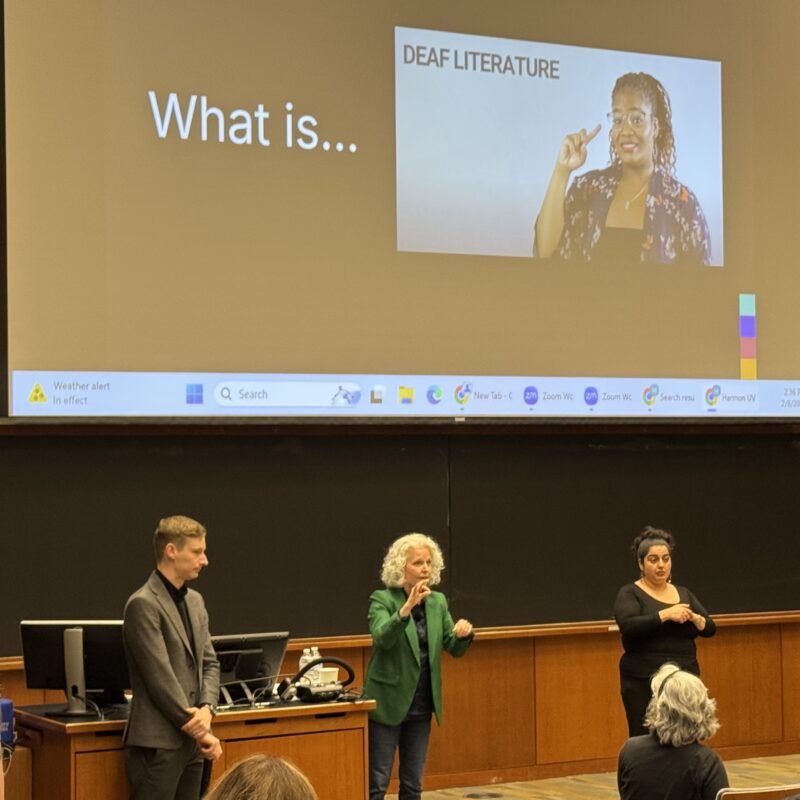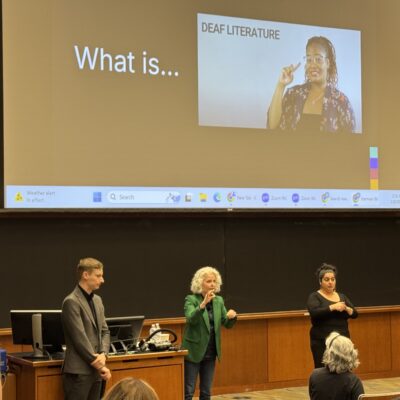A: Gypsy, to answer your question Ace requests that you put yourself back into the late ’80s, when Madonna was still like a virgin (note that Ace said like a virgin—shiny and new), Alf starred in a TV series rather than TV commercials, and those little buggers known as gypsy moths took over Central Virginia and threatened the very foundations of our democratic society.
According to Virginia Polytechnic Institute (that’d be Virginia Tech forthe slow class) website on gypsy moths, www. gypsymoth.ento.vt.edu, as a result of a gypsy moth population explosion between 1989 and 1996, defoliation of Virginia’s precious forest acres skyrocketed to 90,000 acres from 20,000 acres. And defoliation can lead to death. The State heeded this call to arms by implementing a Cooperative Gypsy Moth Suppression Program. Extreme rhetoric, yes, but Ace assures you that it was just a little spraying program courtesy ofthe Virginia Department of Agriculture. Survival of the fittest, baby: us versus them, and Virginia was out for blood.
Through the program, State and federal funds were allocated to landowners whose properties were being chewed up by camped-out tent caterpillars (those nasty little buggers that turn into gypsy moths). To get the dough, the State required counties to employ a part-time gypsy moth coordinator to set up anti-caterpillar sprayings. Most counties in Central Virginia got in line and signed on the dotted line, including Albemarle, which hired Bob Grace to sack the moths.
Enter Susan Rorrer, who, having “written a paper on gypsy moths,” she says, as an environmental studies student at Lynchburg College apparently qualified to be hired as Nelson County’s official gypsy moth coordinator in 1992. However, when asked what civic duties she’s currently fulfilling, Rorrer says, “In Nelson right now, the gypsy moth coordinator isn’t doing anything.”
Seems, she says, there’s a rumor going ’round that in 1996, “A fungus was introduced by a researcher at some university,” which suppressed the gypsy moth more completely than any chemical spray-wielding gypsy moth coordinator ever could. Rural legend or no, Rorrer knows that “something is keeping the populations down to date,” which rendered her services irrelevant post-1996. She’s now Nelson’s E-911 coordinator, which, sorry to say, does little to explain why “Gypsy Moth Coordinator” still appears on Nelson County’s website.





